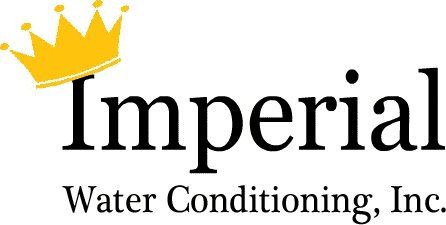Comparing Different Types of Water Treatment Systems: Pros and Cons
When it comes to ensuring clean and safe water, homeowners and small business owners need to consider investing in reliable water treatment equipment. With various options available, it can be challenging to determine which water treatment system is best suited for your needs. In this blog, we will delve into the pros and cons of different types of water treatment systems in Greenwood, IN, to help you make an informed decision.
Reverse Osmosis Systems
Pros:
- Effective Contaminant Removal: Reverse osmosis systems are highly effective in removing a wide range of contaminants, including heavy metals, pesticides, and microorganisms.
- Improved Taste and Odor: These systems significantly improve the taste and odor of water by eliminating chlorine and other chemicals.
Cons:
- High Water Waste: Reverse osmosis systems tend to waste a significant amount of water (up to 75%) in the filtration process.
- Cost and Maintenance: These systems can be expensive to install and maintain, requiring regular filter replacement.
Activated Carbon Filters
Pros:
- Cost-Effective: Activated carbon filters are relatively inexpensive and easy to install.
- Efficient Chlorine Removal: These filters are excellent at removing chlorine, improving the taste and odor of water.
Cons:
- Limited Contaminant Removal: While efficient at removing chlorine and some organic compounds, activated carbon filters are not effective against heavy metals and microorganisms.
- Frequent Replacement: The filters require regular replacement, which can become costly over time.
UV Water Purifiers
Pros:
- Effective Against Pathogens: UV water purifiers are highly effective at killing bacteria, viruses, and other pathogens, providing safe drinking water.
- Low Maintenance: These systems have a low maintenance requirement, usually needing only an annual bulb replacement.
Cons:
- Ineffective Against Chemicals: UV water purifiers do not remove chemicals, heavy metals, or sediments from water.
- Dependency on Electricity: These systems require a constant power supply to function, which might not be ideal in areas with unreliable electricity.
Ion Exchange Systems
Pros:
- Effective Softening: Ion exchange systems are excellent at removing hardness-causing minerals from water, making it softer and preventing scale buildup.
- Improved Appliance Longevity: Soft water helps in prolonging the life of household appliances and plumbing systems.
Cons:
- Regular Maintenance: These systems require regular maintenance, including salt replenishment and periodic cleaning of the resin bed.
- Increased Sodium Levels: The process adds sodium to the water, which might not be ideal for people on low-sodium diets.
Making the Right Choice: Tailoring Your Water Treatment System to Your Needs
Selecting the right water treatment system depends on your specific needs and priorities. While all the systems discussed have their advantages and disadvantages, the key is to choose one that aligns with your water quality requirements, budget, and maintenance preferences. For more information and professional assistance, consider reaching out to Imperial Water Conditioning, Inc., where our experts can help you find the perfect water treatment solution. Visit our services page to explore our offerings and get started on your journey to clean, safe water today.







